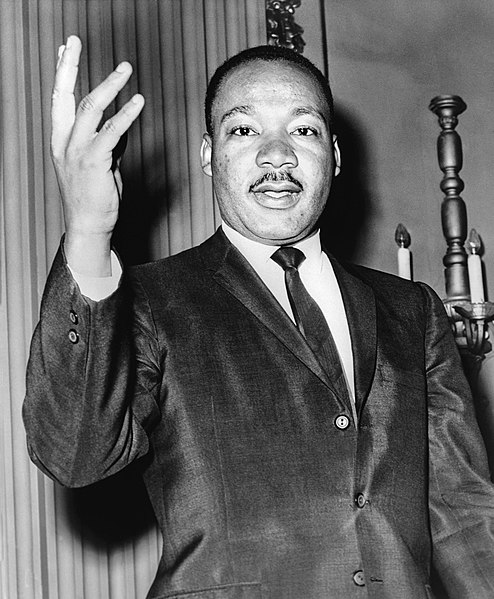Dear Christians,
Please stop using the expression “I
don't care what anyone says.” I'm embarrassed to say I hear this
expression from the mouths of Christians frequently. To clarify:
Christians are recipients of undeserved forgiveness. We've been charged by God to:
Obey those in authority (Hebrews
13:17)
Be all things to all people (1
Corinthians 9:22)
Only evangelize with dignity and
respect (1 Peter 3:15)
Love their enemies no matter what
(Matthew
5:43-44)
Live at peace with everyone as far as
is possible (Romans 12:18)
There are things which Christians
should not compromise on in any situation, but not compromising is
not the same as not listening. It is one thing to disagree with a
person. That can be done respectfully and lovingly. It is another
thing to not care what they say. That kind of apathy is hurtful if
not hateful, and does nothing to win them over. If someone disagrees
with you they are going to go right on disagreeing if you won't be
civil. Without listening to your “enemy” you don't earn the
right to be listened to.
When I was younger I was passionate
about evangelism. Sadly I was also an ass. I shared my
understanding of God's goodness and love at the slightest
provocation, but I'm afraid that I was a pathetic ambassador of the
gospel. I was pathetic because I didn't care what anyone thought. I
thought this attitude was brave; it is not. It is unloving. I would
ask people about their religious beliefs and then proceed to wait for
my turn to speak. I didn't listen to them because I didn't care what
they said. This was an incredibly disrespectful practice.
Listening is one of the most basic and
essential ways to show a person love. By failing to listen I failed
to share out the gospel I was so excited to talk about. I didn't win
any hearts because I didn't demonstrate God's love. When we aren't
listening we aren't loving.
 |
| Sharing Music, Roman Style by Ed Yourdon |
We talk often in Christian gatherings
about a need to love our neighbors, to act generously, and to be
ambassadors for Christ. We rarely discuss the vital and loving act
of listening to people we disagree with. Let's change that.
Listening is a loving and generous action; it shows God's love
practically and powerfully. Let's give it a try.
Who do you find hardest to love?
Likely they're the person who is hardest to listen to. Try this new
tactic this week.
- Don't try to love them.
- Meditate on the great patience and love God has shown you.
- Look at what you have in common with your challenging friend.
- Let me know what happens.



